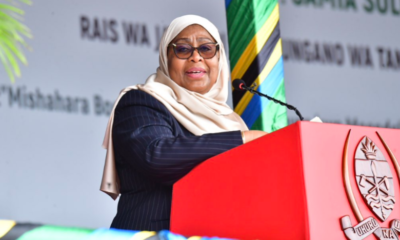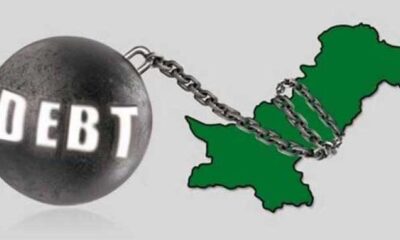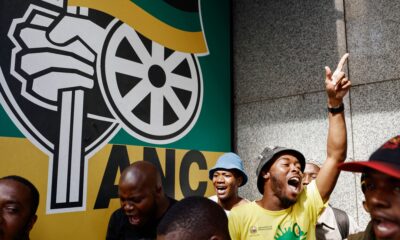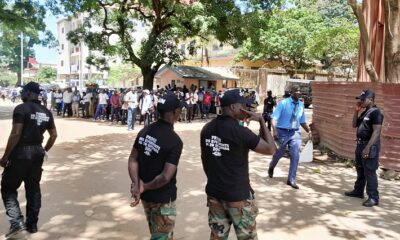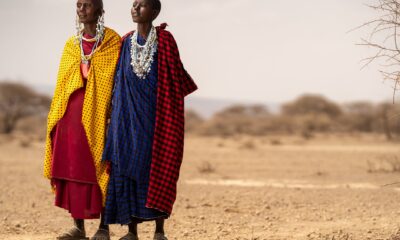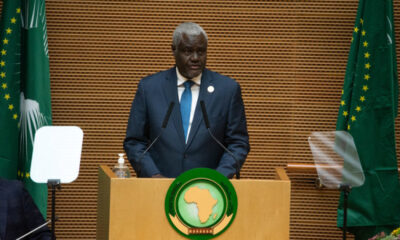The potential contestants in the approaching elections are already sizing themselves up and assessing their chances of fooling their people enough for them to believe that they are truly going to “bring development” to them.
I mean, you have to be a true believer to believe that someone who says they have come to offer their services to you as your representative in the local council or in the national parliament and they tell you that they are going to build your roads to European standards, and your schools are going to be little Eatons; your hospitals are going to be better and more lavishly equipped than the Indian hospitals, where many of our high-placed people go for treatment, and your water supply will be so regular that you have to worry only about drowning!
I mean no exaggeration here, for the last time we had the occasion to listen to such clowns — five years ago — we heard one joker promise he would take all his voters to the United States for a visit.
He was actually voted to parliament, or at least the cabal acting as the electoral commission says he was. He has never revisited that promise as far as I can remember, but that must surely be because he is still negotiating with the American embassy for a few million visas for his voters!
Yes, really, these are always interesting times, when normally sober people turn out to be raving mad and university dons become illiterate.
Otherwise tell me how this can happen: Some smart young man or woman shows up in your neighbourhood and puts up posters and erects stands and platforms for the campaign and goes around the constituency declaring his or her ardent desire to “develop” your area by bringing in clean and safe water, excellent schools, competent teachers, the best agricultural experts as extension officers, etc, etc.
These goodies
At the time this clown is promising all these goodies, you realise he has been distributing money and items such as tee-shirts, kitenge prints, khangas, caps as well as organising feeding programmes, where everyone who cares can feed to satiation and drink whatever they want with practically no limitation.
Seriously, I have been asking myself this question: Would you employ a young man who shows up at your front porch and tells you he is seeking a job to develop your garden and tells you that, while you are thinking whether to employ him, “Here is money for you and your family to eat and drink for now!”
Now, if we think such a man should be reported to the police or taken to a mental institution, why are we behaving in exactly the same way?
Many a time we witness arguments among countrymen trying to solve the conundrum of our continued failure to move forward economically, despite our abundant resources, and it seems like we haven’t got a clue.
But is this not one of the cues, if not probably the most important clue, that we have not found a way to designate our leaders?
It ought to be clear to any person above childhood that this type of electoral system and practice can never deliver anything akin to development or progress.
Now, consider that we have being doing this same thing over and over — in many of our countries elections follow a certain periodicity like clockwork — but we have not discovered the truth.
Put simply, our politics is badly rigged against our people, and elections have become just devices to validate the political hooliganism of the various cabals running our countries like so many Mafia families.
Knee-jerk supporters
We have so demeaned our people, whom we have turned into knee-jerk supporters of whoever gives them food and drink around election time, that now they say that at least at election time it is their turn to eat, which means, naturally, that at all other times it is the turn of the ones who “bring development” to the people.
Clearly, this is not working, and it is no wonder that dissatisfaction and frustration are rife, as our people cannot put a finger to the thing that holds them back.
Apart from these sham elections, from time to time, the rulers organise shows designed to make the people believe that somebody is concerned about their problems.
We have one such masquerade happening in Tanzania right now, where public meetings are organised so people can vent their frustration. But these will never solve any problems; they are just shows.
If the elections we have been holding had any substance, there would not be any need for such public shows, except those organised by those people we elected.
Where are they? What is the use of spending so much money and other resources to erect and maintain a political system that has to be propped by public shows, where people come to vent their grievances over the hopelessness of the system in place?
I am just asking.


 Sports1 day ago
Sports1 day ago
 Metro2 days ago
Metro2 days ago
 Metro15 hours ago
Metro15 hours ago
 Tech2 days ago
Tech2 days ago

